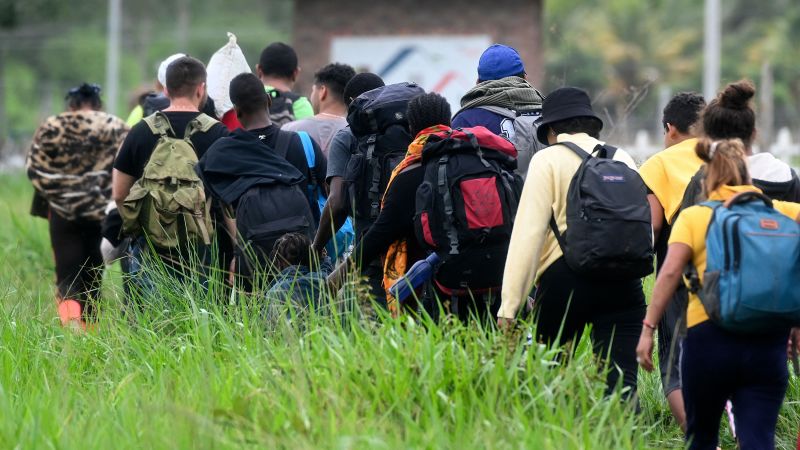Biden-Era Migrants Face Deportation Threat: Trump's Controversial Crackdown Looms

In a significant policy shift, the Trump administration is poised to strip legal protections from numerous migrants who previously found sanctuary under a Biden-era immigration program. This move could dramatically expand the number of individuals facing potential deportation, according to an insider with direct knowledge of the emerging plans.
The proposed action signals a stark reversal of recent immigration policies, threatening the legal status of migrants who had believed they were on a path to stability in the United States. By targeting this specific group of immigrants, the administration aims to tighten immigration enforcement and reshape the current immigration landscape.
While specific details remain limited, the potential policy change suggests a confrontational approach to immigration that could impact thousands of individuals who had previously been granted temporary legal protections. The move underscores the ongoing tensions and political complexities surrounding immigration policy in the United States.
Affected migrants and immigration advocates are likely to face significant uncertainty as they await further clarification on the administration's intentions and potential legal challenges to the proposed policy change.

